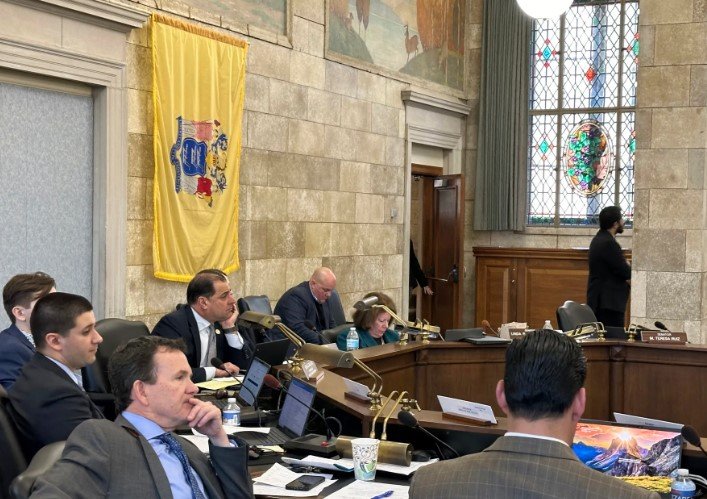In a move that has stirred debate across the political spectrum, lawmakers have passed a bill that significantly limits public access to government records. This legislation, which proponents argue is necessary for enhancing privacy and security, has raised concerns among transparency advocates who fear it may hinder the public’s right to information.
The Implications of Restricted Access
The new bill’s proponents emphasize the need for privacy and security in government affairs. They argue that unrestricted access could compromise sensitive information and governmental operations. However, critics of the bill are sounding the alarm, suggesting that such restrictions could pave the way for corruption and a lack of accountability in government dealings.
The debate is not just about the balance between privacy and transparency but also about the public’s trust in their government. With restricted access, citizens may find it harder to obtain the information necessary for informed public discourse, potentially eroding the foundations of democratic engagement.

The Public’s Right to Know
Transparency advocates are rallying against the bill, asserting that public access to government records is a cornerstone of a functioning democracy. They argue that such access enables citizens to hold their elected officials accountable and ensures that government actions are conducted in the public interest.
The controversy surrounding the bill highlights the ongoing struggle between the need for governmental confidentiality and the public’s right to oversight. As the bill moves forward, the debate is likely to intensify, with implications for the future of public access to government operations.
Looking Ahead: The Future of Government Transparency
As the bill becomes law, its long-term impact on government transparency remains to be seen. Will it lead to a more secure and private government, or will it impede the public’s ability to engage with and influence their leaders?
The conversation around this legislation is far from over, and its implementation will be closely watched by both supporters and detractors. The outcome of this legislative move could set a precedent for how government records are handled in the future, making it a critical issue for all citizens to follow.

Comments